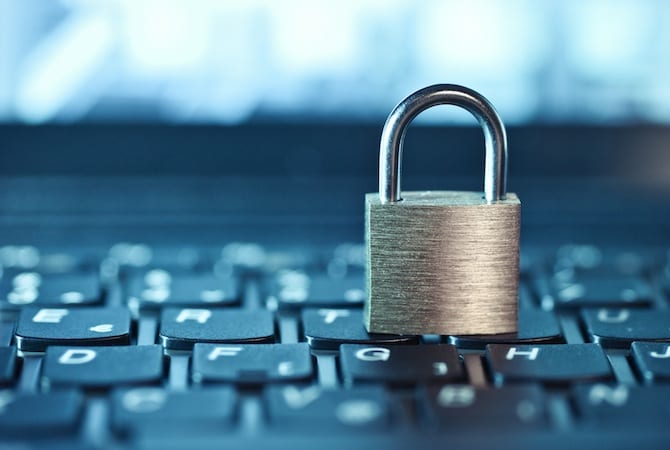Digital privacy? What is it and why should I care?
What is digital privacy? We have all heard the term before, but what is it? Essentially, when talking about digital privacy, people are referring to the protection of the private citizen’s information that is being used through digital channels. Sometimes when people talk about digital privacy, they will refer to it in relation to Internet usage by the citizen as well. This is a hot topic that spikes the interest of many, but the obstacle remains with the fact that no one has truly taken the time to establish what digital privacy means in legal terms. Until this happens, it will remain a topic that increases the indignation of many.
Digital Footprints
Did you realize that every time you use the Internet, whether for personal or professional use, information is being gathered on you? This is your digital footprint. Your Internet usage habits are constantly being logged and stored to your computer’s Internet Protocol (IP) address. This address can be traced back to specific users, allowing the users website viewing habits to be monitored. Such information as the date and time of searches, what browser was used to access websites and also how long the user viewed a website can be retained on the search engine’s servers. And the thing is, with servers, the length of time that this information is stored before being deleted will vary.
Is your digital privacy truly private?
So, now we know that our Internet activities are being tracked. What about the information that we willingly provide on the Internet? Things like our Facebook profile information or our Twitter accounts. Can this information be used against us?
Living in the United States, we know that there are some questions that are illegal for an employer to ask an employee. Things like sexual preference or political views spring to mind. But, is it illegal for your employer to gather this information by “stumbling” upon it by using Google or Facebook? Guess what… It’s not! So why is it illegal to come right out and ask an employee these types of questions, but the employer is able to find out this information by stalking who you are online? Germany is ahead of the game in this department. Companies have been banned from the ability to stalk the Internet in pursuit of this information, thereby protecting the privacy of its employees.
What about second chances?
Everyone makes mistakes. Some mistakes are small while others are doozies! But, most of us learn from them. So what happens when your mistakes are documented on the Internet with things like Facebook and Instagram? Will these mistakes follow you around long after high school? What implications will that have? Without digital privacy, are we virtually ending the opportunity for second chances?
In Conclusion…
So, the next time you are on the Internet or posting an update to your Facebook account, remember that these things are being tracked and aren’t as private as you once thought they were. Being human is being able to share yourself with others, but also having the allowance of a private sphere as well. Shouldn’t you be able to define when to share and when to be truly private?

